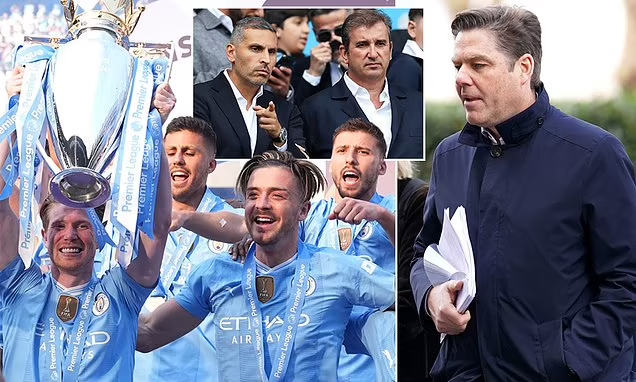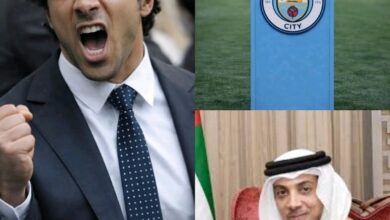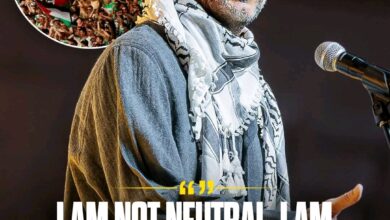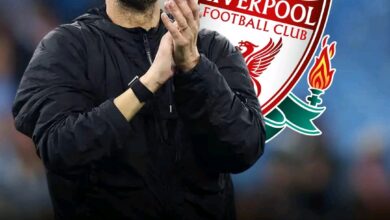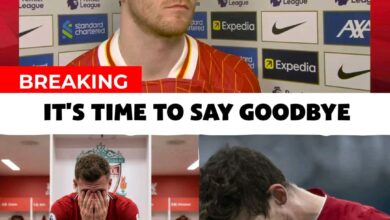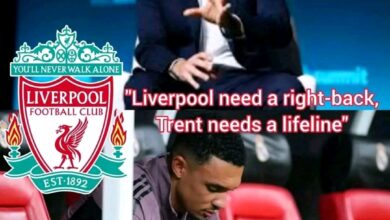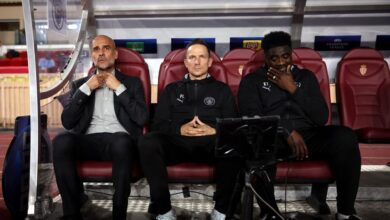Manchester City’s £1.5bn Deal: A New Era of Financial Dominance After Premier League Settlement
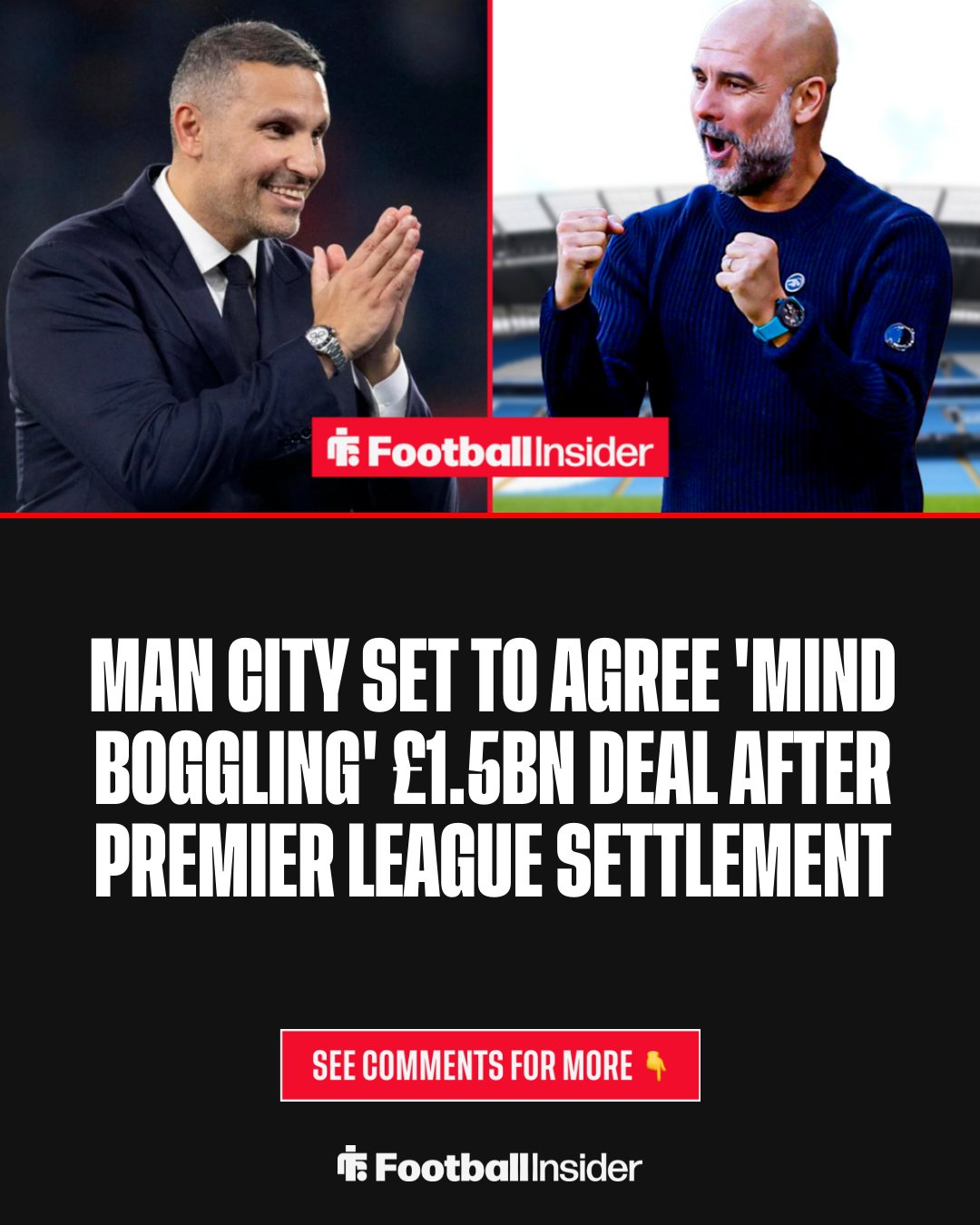
The football world was left reeling on a crisp September morning as news emerged that Manchester City could be poised to secure one of the most lucrative sponsorship agreements in sporting history. The potential £1.5 billion deal with Etihad Airways represents not just a commercial triumph for the Manchester club, but a seismic shift in the economic landscape of modern football that could redefine what is possible in terms of club revenues and player acquisitions.
The Settlement That Changed Everything
The story begins with a legal battle that had been brewing behind the scenes for months, largely hidden from public view but carrying implications that would ripple through the very foundations of English football’s financial regulatory framework. Manchester City’s challenge to the Premier League’s Associated Party Transaction (APT) rules had been one of the most significant confrontations between a member club and the governing body in recent memory.
The APT rules, implemented as part of the Premier League’s ongoing efforts to maintain competitive balance and financial sustainability across its member clubs, were designed to prevent clubs from inflating their commercial revenues through deals with companies that had ownership links or other significant connections to the club itself. For Manchester City, whose ownership group has extensive business interests across multiple sectors, these regulations represented a fundamental constraint on their ability to maximize their commercial potential.
The case had been heading toward an independent commission, a scenario that would have seen Manchester City’s lawyers go head-to-head with Premier League officials in what promised to be a lengthy and potentially damaging legal proceeding. However, on September 8th, 2025, it was announced that both parties had reached a settlement agreement, bringing an immediate end to what could have been a protracted and expensive legal battle.
This settlement is entirely separate from the more widely publicized case involving Manchester City’s 115 charges, which continues to hang over the club like a dark cloud with a conclusion expected by the end of the year. While the charges case deals with historical allegations of financial wrongdoing, the APT settlement focuses specifically on current and future commercial opportunities, making it arguably more immediately relevant to the club’s operational capacity.
Keith Wyness: The Voice of Experience
To understand the true significance of this development, one must turn to the insights of Keith Wyness, the former Everton chief executive whose tenure at Goodison Park between 2004 and 2009 provided him with intimate knowledge of football’s commercial machinations. Now running a consultancy that advises elite clubs on strategic matters, Wyness brings a unique perspective to the analysis of Manchester City’s evolving situation.
Speaking on Football Insider’s Inside Track podcast, Wyness painted a picture of a deal that defies conventional understanding of sports sponsorship. His description of the potential agreement as “mind-boggling” reflects not just the sheer scale of the numbers involved, but the fundamental shift in how football clubs can approach their commercial strategies in an era of global connectivity and brand expansion.
The evolution of Manchester City’s relationship with Etihad Airways serves as a perfect case study in how modern football sponsorships have transcended their traditional boundaries. What began in 2011 as a £400 million contract that already represented a significant investment in the club’s global profile has now evolved into something far more comprehensive and valuable.
The Mathematics of Modern Football Finance
The proposed increase from £400 million to potentially £1.5 billion represents more than simple inflation or performance-related increments. It reflects a fundamental transformation in how football clubs are valued as global entertainment and marketing platforms. Wyness’s initial calculations had suggested the deal might reach £1 billion, but his subsequent revision upward to £1.5 billion indicates the rapid pace at which football’s commercial landscape continues to evolve.
This astronomical figure makes sense when considered within the context of Manchester City’s global reach and commercial appeal. The club’s success on the pitch, combined with their association with some of the world’s most recognizable players and their coach Pep Guardiola’s tactical innovations, has created a brand that transcends traditional geographic and demographic boundaries.
The deal’s structure likely includes multiple revenue streams beyond simple shirt sponsorship and stadium naming rights. Modern football sponsorships encompass digital content partnerships, social media integration, hospitality and event management, youth development programs, and global marketing initiatives that leverage the club’s international fanbase and commercial appeal.
The Haaland Factor: Understanding Player Investment
One of the most illuminating aspects of Wyness’s analysis concerns how this enhanced commercial capacity directly enables Manchester City’s ability to attract and retain world-class talent. The reference to Erling Haaland’s substantial contract serves as a perfect example of how increased revenue generation translates into competitive advantage on the pitch.
Haaland’s arrival at Manchester City represented more than just the acquisition of a prolific goalscorer; it demonstrated the club’s ability to compete with any team in the world for the most sought-after talents. The Norwegian striker’s contract, reportedly worth hundreds of millions over its duration when including salary, bonuses, and various incentives, would have been impossible to structure without the kind of commercial backing that deals like the Etihad agreement provide.
This creates a virtuous cycle where commercial success enables player acquisition, which in turn drives further commercial appeal and success. Haaland’s goals and global popularity enhance Manchester City’s brand value, which justifies higher sponsorship payments, which enable the club to maintain their competitive edge by continuing to attract elite talent.
Competitive Implications and Market Dynamics
The ramifications of Manchester City’s enhanced commercial position extend far beyond their own operations. The establishment of what Wyness describes as a “new benchmark” in sponsorship valuation could fundamentally alter the competitive landscape of European football.
Other elite clubs will inevitably use Manchester City’s deal as justification for seeking similar arrangements with their own commercial partners. This could trigger a new escalation in the football transfer market as clubs with enhanced revenues compete for the same pool of elite talent.
For the Premier League specifically, this development raises important questions about competitive balance and financial sustainability. While the league’s regulations are designed to prevent runaway spending and maintain competitive integrity, deals of this magnitude demonstrate how sophisticated legal and commercial strategies can navigate even the most comprehensive regulatory frameworks.
The timing of the settlement also suggests that the Premier League may have calculated that fighting the case through an independent commission carried greater risks than allowing the deal to proceed. This pragmatic approach reflects the complex balance that governing bodies must strike between regulatory control and commercial freedom.
The Guehi Pursuit: Strategic Player Acquisition
Manchester City’s reported interest in Crystal Palace defender Marc Guehi provides an excellent case study in how enhanced financial capabilities translate into strategic player acquisition. The 25-year-old England international represents exactly the kind of target that becomes attainable when a club possesses the commercial firepower that the Etihad deal would provide.
Guehi’s situation, with less than twelve months remaining on his Crystal Palace contract, creates an opportunity for Manchester City to add elite talent without the massive transfer fees that typically accompany such acquisitions. The defender’s age profile, international experience, and proven Premier League performance record make him an ideal addition to Guardiola’s squad planning.
The competition with Liverpool for Guehi’s signature adds another dimension to the story. Both clubs represent different approaches to modern football management: Liverpool’s data-driven, analytically sophisticated model versus Manchester City’s resource-rich, tactically flexible approach. The outcome of this particular transfer battle may serve as an indicator of which philosophy proves more effective in the current market environment.
Former Manchester United and Blackburn scout Mick Brown’s insights into Guardiola’s keen interest in beating Liverpool to Guehi’s signature highlight the personal element that remains crucial in high-level player acquisitions. Despite all the commercial machinations and financial calculations, the human relationships and tactical visions of managers like Guardiola continue to play decisive roles in shaping transfer outcomes.
Regulatory Evolution and Future Implications
The resolution of Manchester City’s APT case represents a significant moment in the evolution of football’s regulatory environment. The settlement suggests that the Premier League is adapting its approach to financial oversight, possibly recognizing that overly restrictive regulations could drive elite clubs to seek alternative competitive environments.
This pragmatic flexibility may reflect lessons learned from other sports and entertainment industries, where excessive regulatory control has sometimes led to talent and investment flowing to less restricted markets. The Premier League’s global success depends on maintaining its position as the world’s most attractive football competition, and this requires balancing competitive integrity with commercial freedom.
The broader implications extend to UEFA’s Financial Fair Play regulations and other international frameworks designed to control club spending. Manchester City’s successful navigation of the APT rules may provide a template for other clubs seeking to maximize their commercial potential within existing regulatory constraints.
The Global Football Economy
Manchester City’s potential £1.5 billion deal with Etihad Airways must be understood within the context of football’s transformation into a truly global entertainment industry. Modern football clubs are no longer simply local sporting organizations; they are international media properties, lifestyle brands, and cultural institutions that generate value across multiple platforms and markets.
The deal’s magnitude reflects the sport’s expanding reach into new geographic markets, particularly in Asia, Africa, and North America, where football’s popularity continues to grow rapidly. Etihad Airways’ own global network and brand positioning make Manchester City an ideal partner for reaching these emerging markets and demographics.
Digital technology has also fundamentally altered how football clubs generate and capture value. Social media platforms, streaming services, gaming partnerships, and virtual experiences have created entirely new revenue streams that traditional sponsorship models struggled to address comprehensively.
Tactical and Strategic Considerations
From a purely footballing perspective, Manchester City’s enhanced financial position provides Guardiola with unprecedented flexibility in squad construction and tactical implementation. The ability to attract players like Haaland and potentially Guehi allows for tactical experimentation and strategic depth that few clubs can match.
Guardiola’s tactical philosophy demands specific types of players who can execute complex positional rotations and maintain technical excellence under intense pressure. The financial resources provided by deals like the Etihad agreement ensure that the club can continue to acquire players who meet these exacting standards rather than making tactical compromises based on budgetary constraints.
This tactical freedom extends to squad rotation and injury management, crucial factors in a modern football calendar that demands peak performance across multiple competitions throughout an extended season. The depth and quality that financial resources enable can be the difference between success and failure in competitions like the Champions League, where tactical flexibility and squad freshness often prove decisive.
Cultural and Social Impact
The scale of Manchester City’s commercial success raises important questions about football’s role in contemporary society and culture. While the financial figures involved may seem abstract to casual observers, they represent fundamental changes in how elite sport intersects with global business and entertainment.
For Manchester City’s supporters, the deal represents validation of their club’s transformation from perennial underachievers to global superpowers. However, it also raises questions about accessibility, identity, and the relationship between sporting success and financial power that extend far beyond football itself.
The club’s ability to attract world-class talent and compete at the highest level obviously benefits its supporters and contributes to the entertainment value of the Premier League as a whole. However, it also highlights growing disparities within football that may have long-term implications for competitive balance and sporting integrity.
Looking Toward the Future
As Manchester City prepares to implement their enhanced commercial strategy, the football world will be watching closely to see how this development influences both their on-field performance and the broader competitive landscape. The potential £1.5 billion deal with Etihad Airways represents more than just a commercial transaction; it signals a new phase in the evolution of modern football economics.
The settlement of the APT case removes a significant regulatory obstacle to Manchester City’s commercial ambitions, but it also establishes precedents that other clubs will undoubtedly seek to exploit. This could lead to an arms race in commercial innovation as clubs compete not just for players and trophies, but for ever more lucrative sponsorship arrangements.
The success or failure of Manchester City’s enhanced strategy will likely influence how other elite clubs approach their own commercial development. If the increased resources translate into sustained success on the pitch, other clubs may feel compelled to pursue similar aggressive commercial strategies, potentially accelerating the concentration of wealth and talent among football’s elite institutions.
For the Premier League and other governing bodies, Manchester City’s case demonstrates both the challenges and opportunities presented by modern football’s global reach and commercial potential. The balance between regulatory control and commercial freedom will continue to evolve as clubs, leagues, and governing bodies adapt to an rapidly changing entertainment landscape.
The ultimate measure of success for Manchester City’s enhanced commercial position will be its translation into sporting achievement. While financial resources provide the foundation for competitive success, they must be combined with intelligent strategic planning, excellent coaching, and effective player development to produce results on the pitch.
As Pep Guardiola continues to refine his tactical approach and identify new targets for recruitment, the additional resources provided by the Etihad deal will give him tools that few managers in world football can access. The challenge will be converting these resources into the sustained excellence that Manchester City’s supporters now expect and that their commercial partners demand as justification for their substantial investments.
The story of Manchester City’s £1.5 billion deal with Etihad Airways is ultimately a story about the future of football itself: a sport that has transcended its traditional boundaries to become a global entertainment phenomenon capable of generating unprecedented commercial value while continuing to provide the sporting drama and excellence that remains at its heart.
